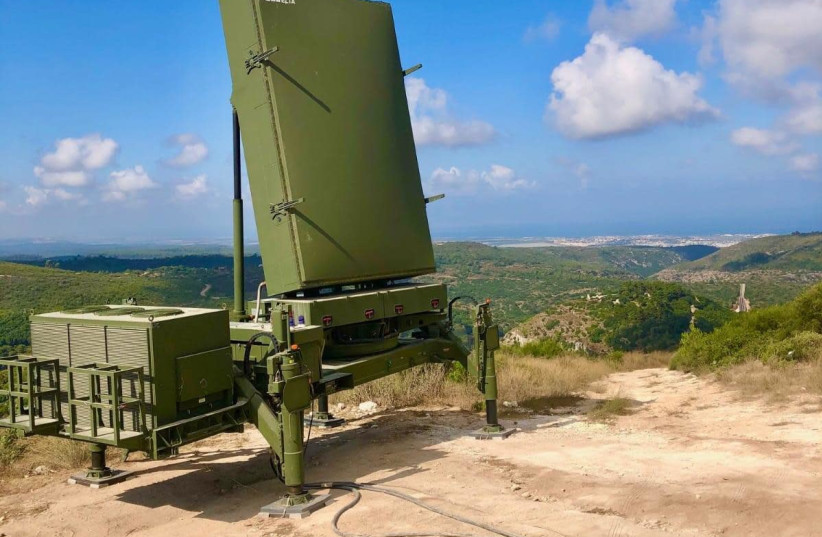Canada's foreign minister's announcement on Tuesday of an arms embargo on Israel comes at a time when Israeli weapons systems are now protecting Canadian pilots, fighters, and naval combatants around the world.
They are deployed to protect Canada's borders and NATO countries bordering Russia, similar to when Canadian troops were stationed in Afghanistan in the war against the Taliban.
For some reason, the minister's announcement forgot that in the last decade, the Canadian Defense Ministry purchased Israeli weapon systems worth more than a billion dollars after examining their performance, prices, and delivery times compared to those of other Western companies.
In those years, Israel purchased components and subsystems worth only tens of millions of dollars from the Canadians, numbers that indicate the Israeli defense industries' central position in the global arms market and their dependence on exports to customers abroad.

Only in December 2023, two months after the outbreak of Operation Swords of Iron, Canada announced the purchase of LR 2 Spike missiles from Rafael, worth $32 million, with delivery the following summer. Canada needs the advanced anti-tank missiles in case of a Russian invasion of Latvia, where a division of the Canadian army is stationed. This was not the first time that the Canadians purchased an Israeli missile: in 2018, they purchased Spike missiles of an older model for their special forces.
Canada used Rafael to achieve one of its largest defense export deals: the sale of dozens of armored personnel carriers made by General Dynamics Canada to the Colombian military for $418 million last year. Their choice was helped because they are equipped with remote-controlled 30 mm cannon turrets manufactured by Rafael, which can be operated from the weapon's interior without exposing the operator to enemy fire.
The Canadians' largest deal with the Israeli defense industry was signed in 2015 when they purchased 10 Iron Dome radars—these are MMR radars produced by the Elta Systems of the Israel Aerospace Industries (IAI). The Canadians purchased radars to detect air threats to their forces, including planes, helicopters, submarines, and rockets. The value of the deal was estimated to be $190 million.
Since then, the Canadians have purchased from Elta naval radars for patrol planes, long-range radars for their naval ships, and mobile radars to protect their infantry soldiers. These transactions have an additional and cumulative value of hundreds of millions of dollars.
Not the first Canadian embargo
The Canadian embargo is not the first of its kind. In 1956, when Israel was struggling to find sources for the purchase of a jet fighter following Egypt's growing strength, it agreed with the Canadian government to purchase 24 American F-86 Cyber fighter jets, which were then manufactured in the country under license for the local air force.
The Canadians agreed, and the first planes had already come off the production line, with Israel's Air Force's Star of David affixed to them. But the Canadians caved into British pressure and canceled the deal.
This did not prevent the Canadians from purchasing military aircraft from Israel 50 years later. In 2008, they leased Heron UAVs from IAI to patrol and protect their ground forces stationed in Afghanistan against the Taliban. These were operated from the Kandahar base.
Since then, the Canadians have purchased Small Skylark UAVs mini-submarines from Elbit System, the export version of the IDF's "Sky Rider," which is also used in Israel's current war in Gaza and is operated by ground brigades to identify enemies in the vicinity.
The Canadians, who purchased command and control and satellite communication systems from Elbit, equipped their refueling planes with the DIRCM anti-missile laser system.
Even the Canadian Transportation Department operates Elbit UAVs. It leased a large Hermes 900 Starliner, one of the few unmanned vehicles in the world that can fly on civilian flight paths without fear of colliding with commercial planes around them.
